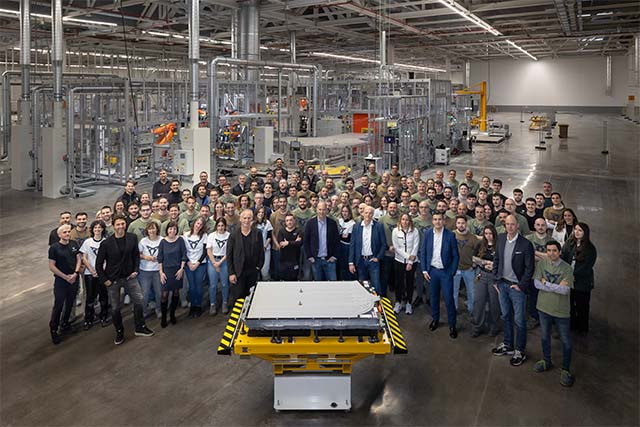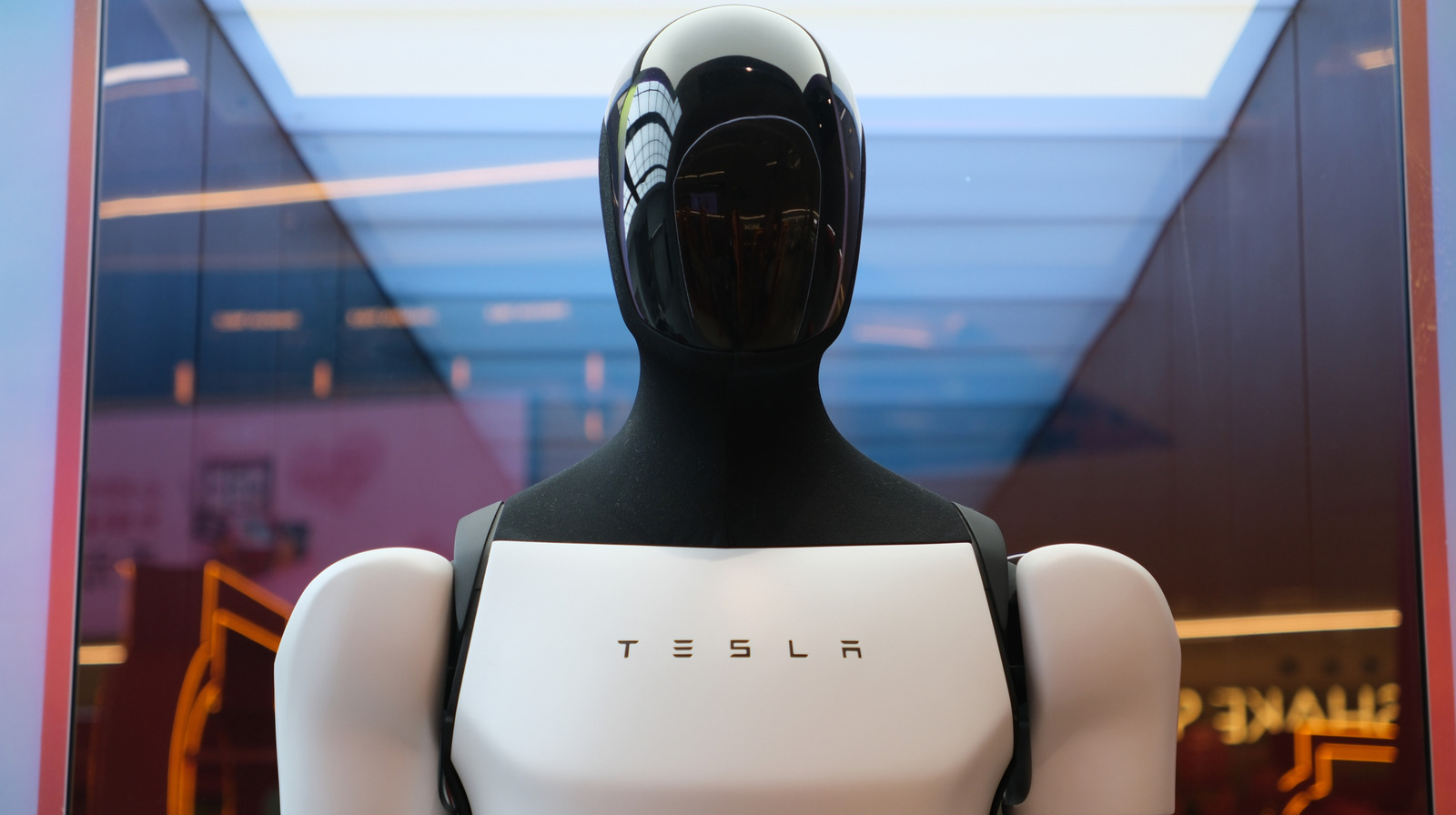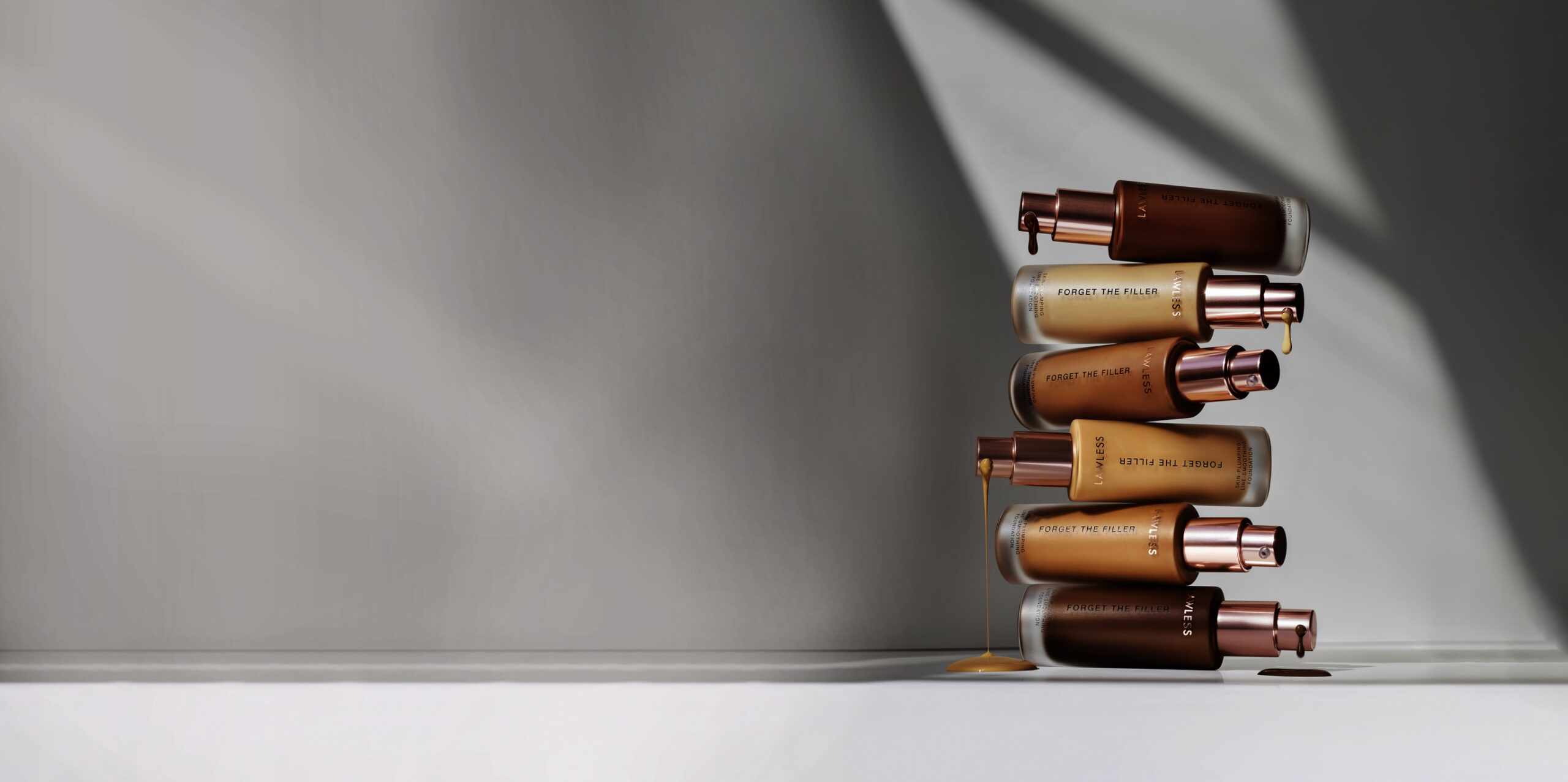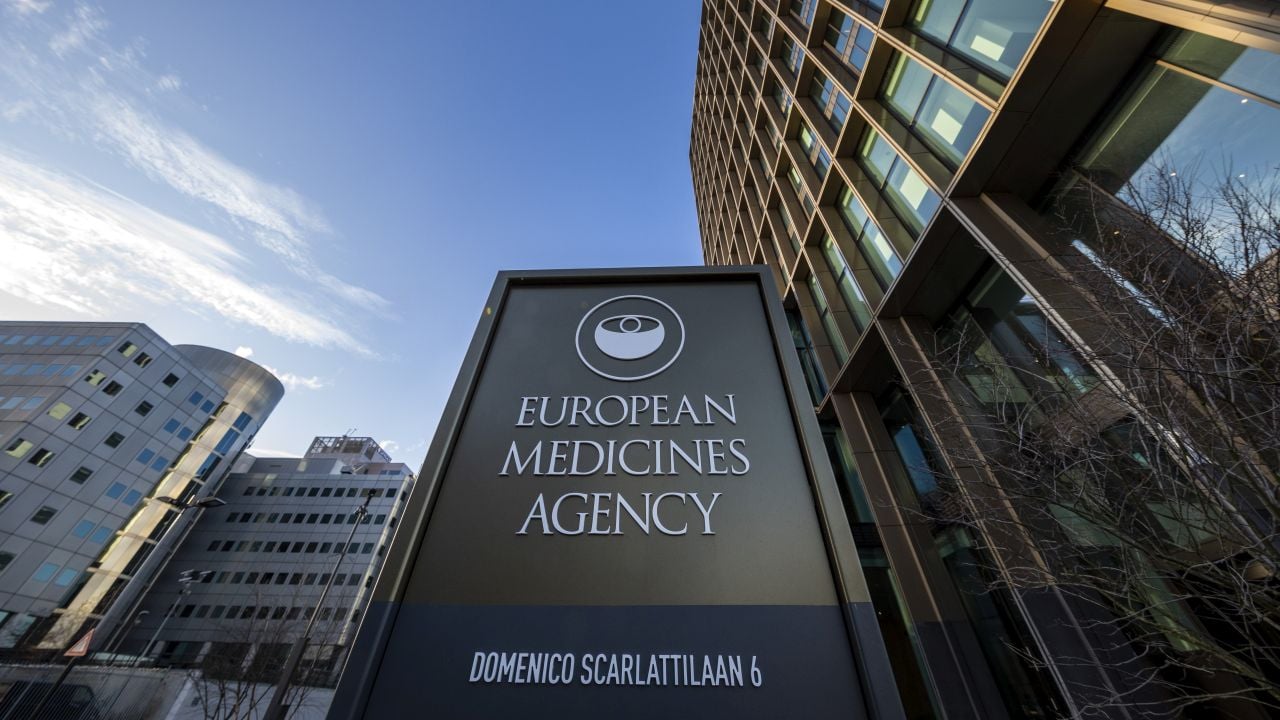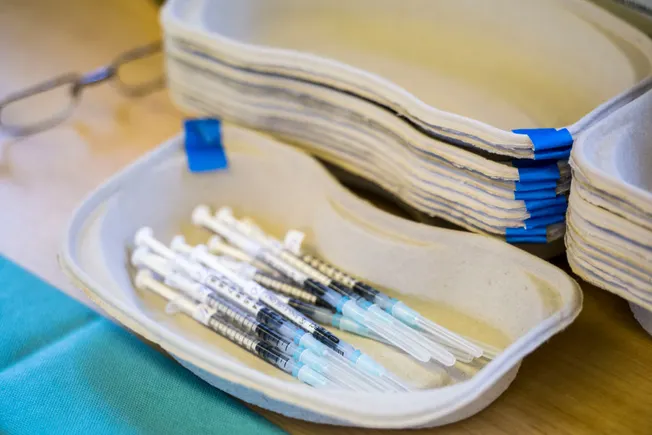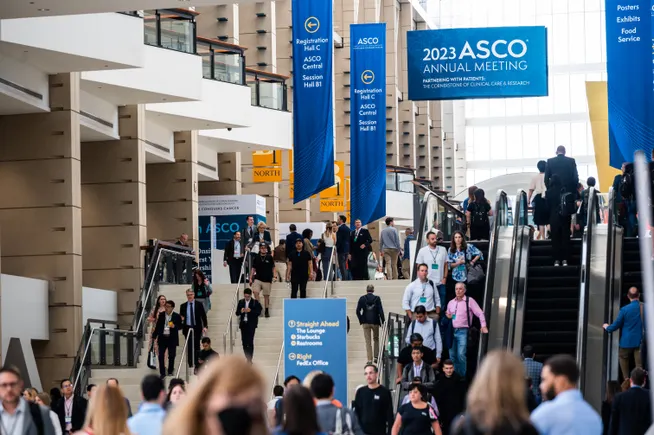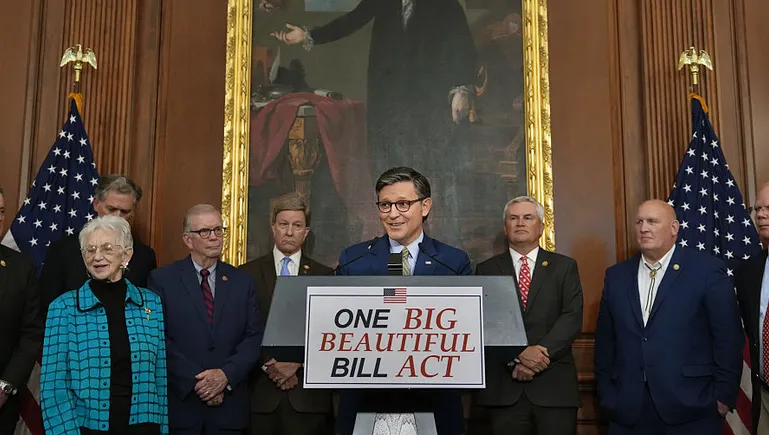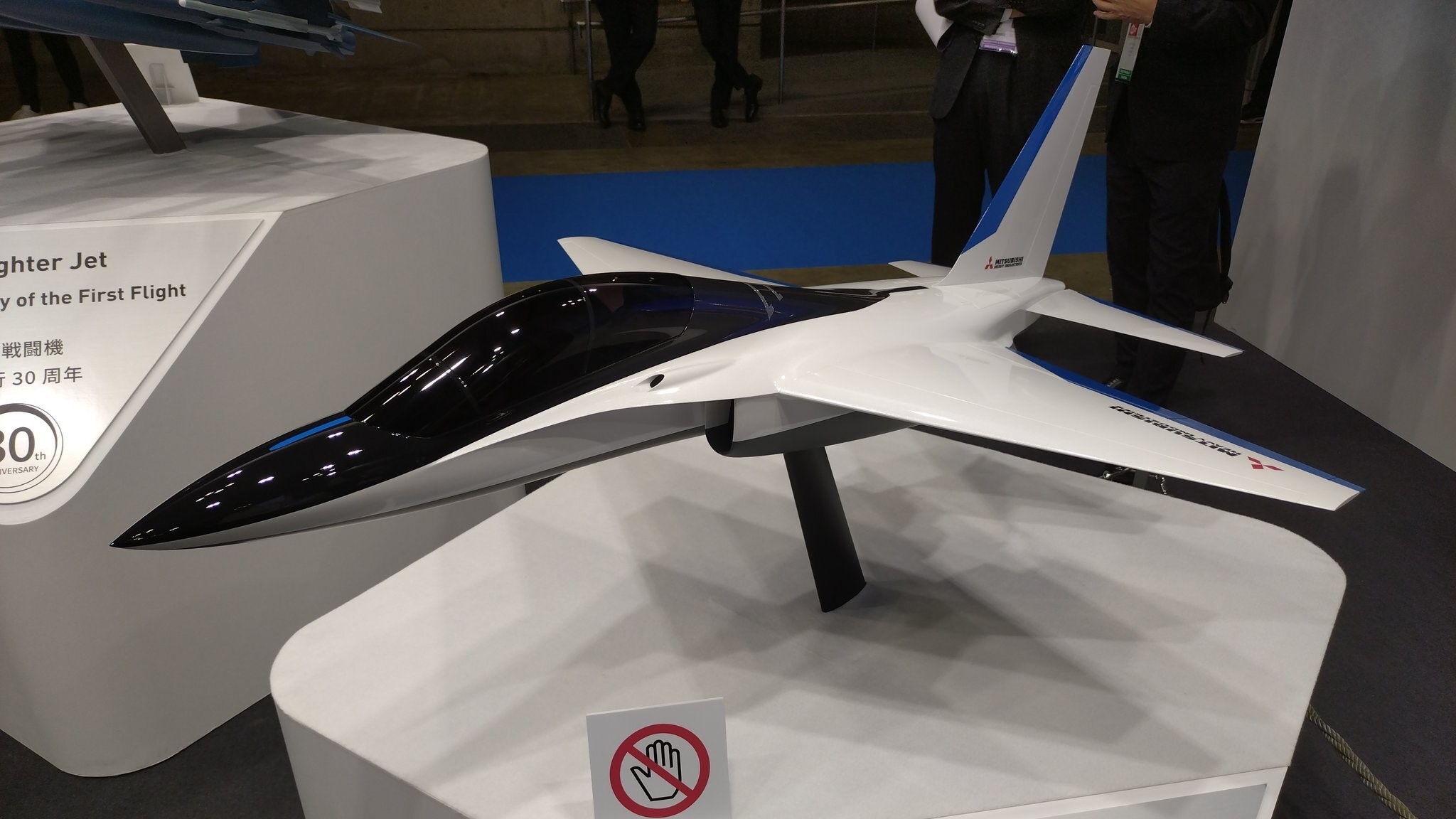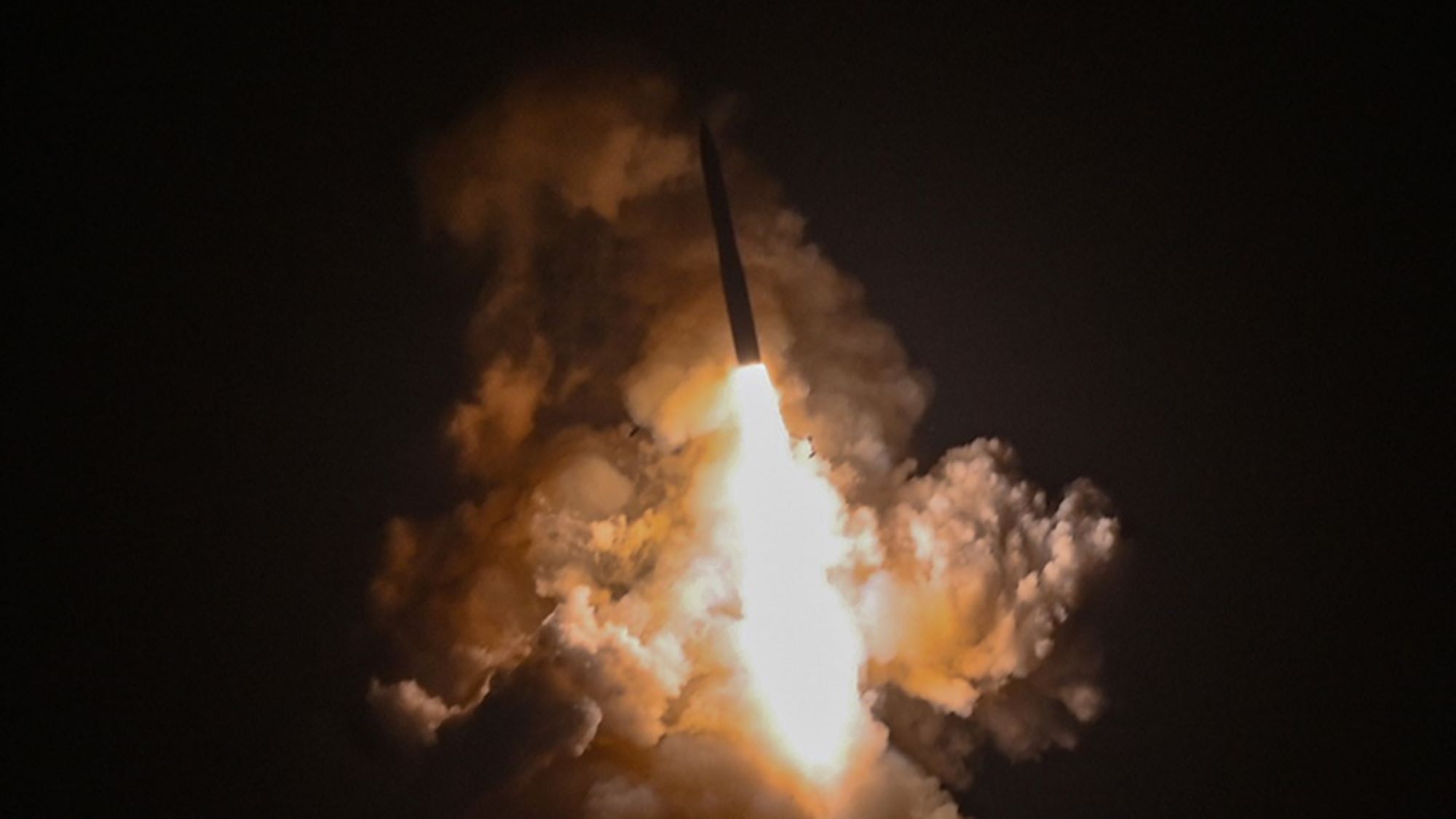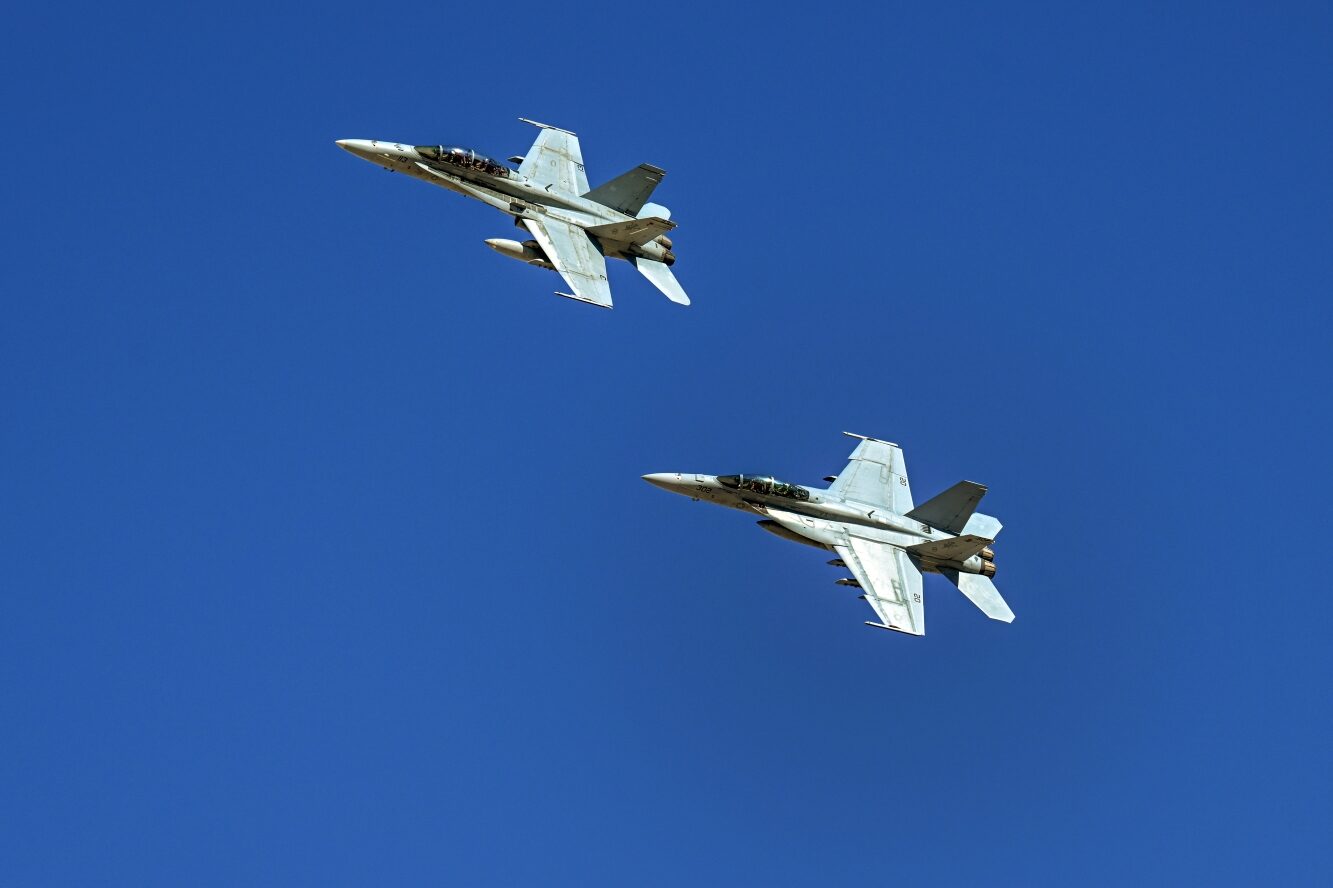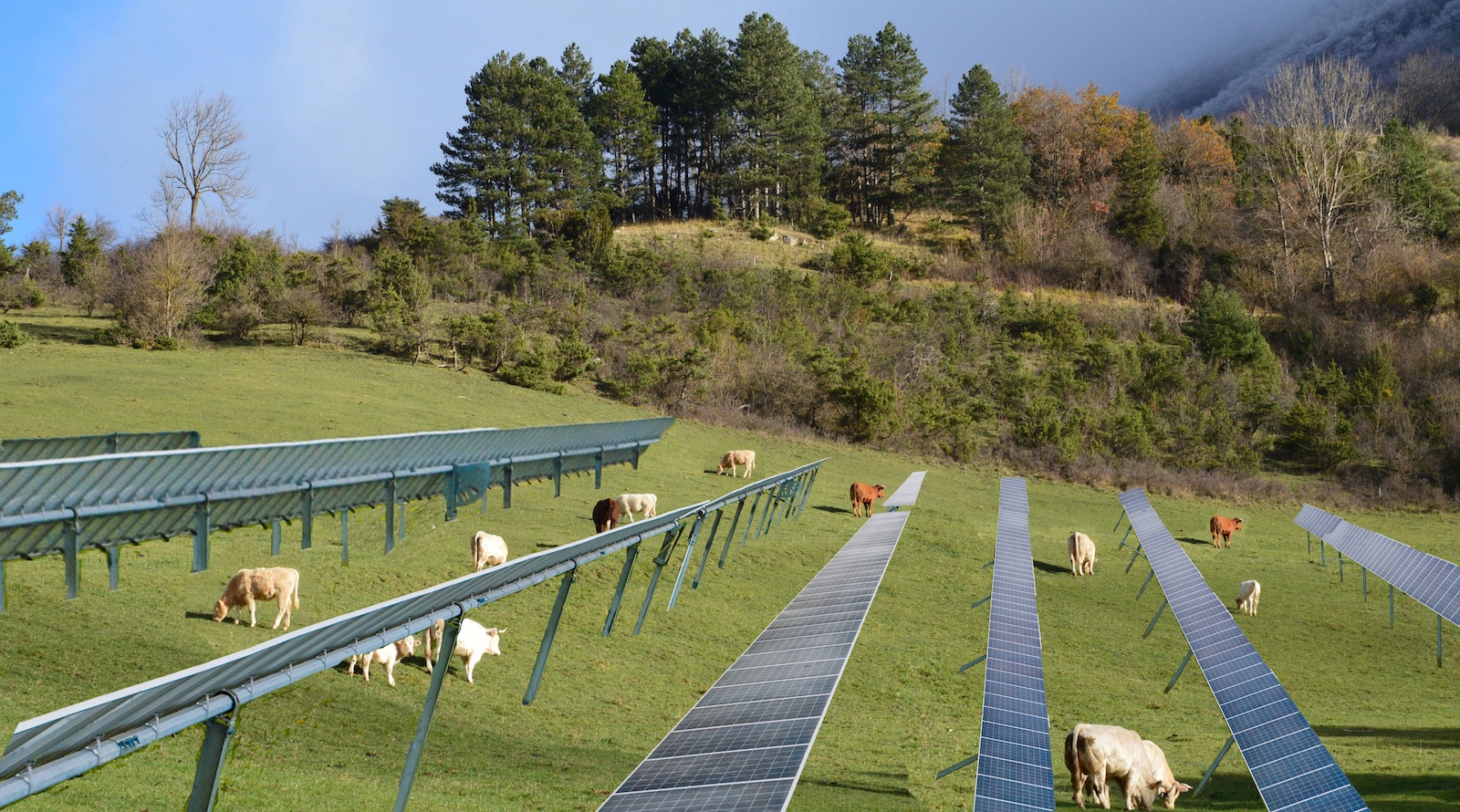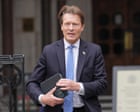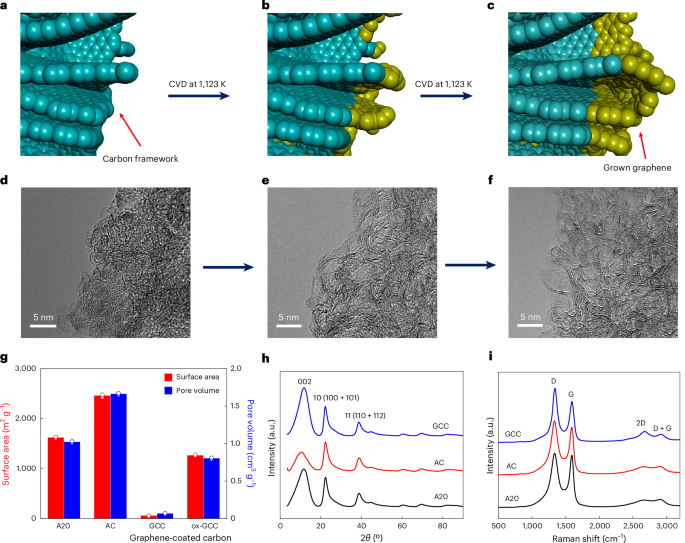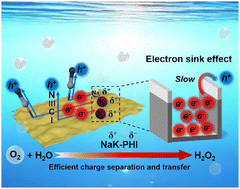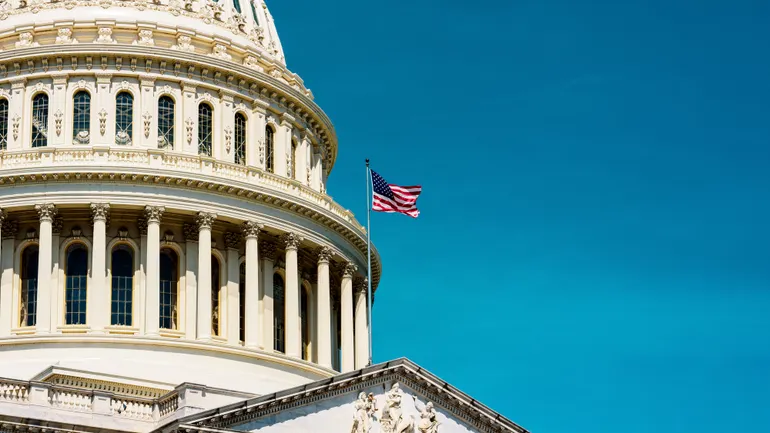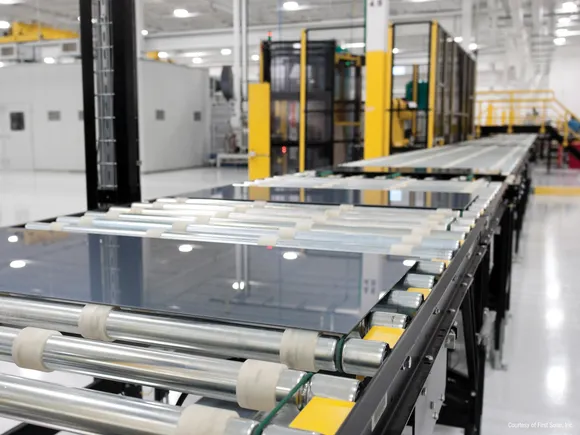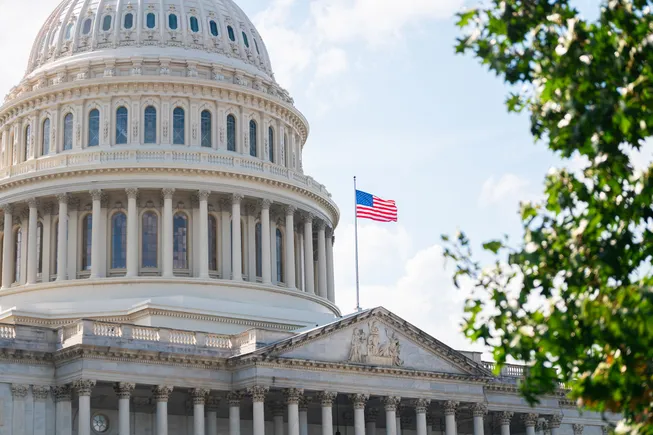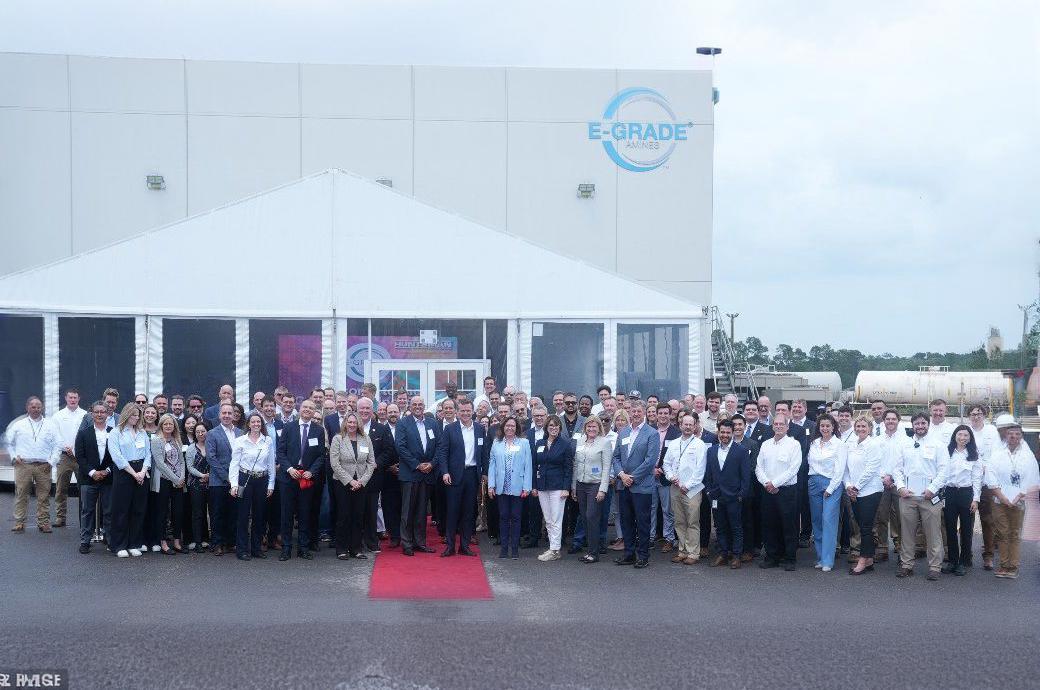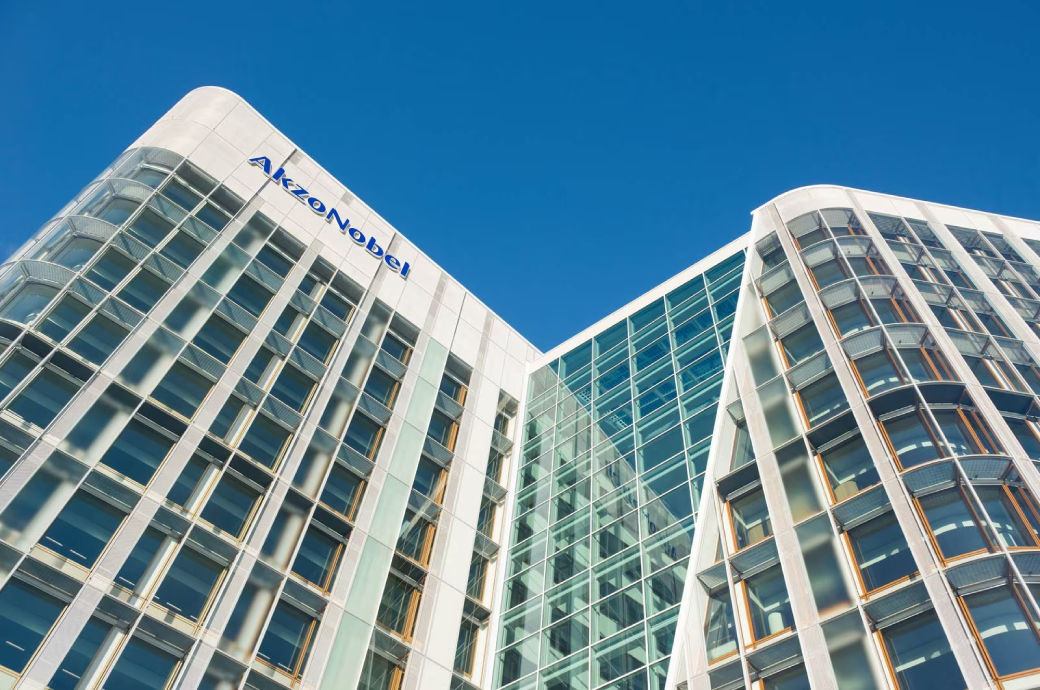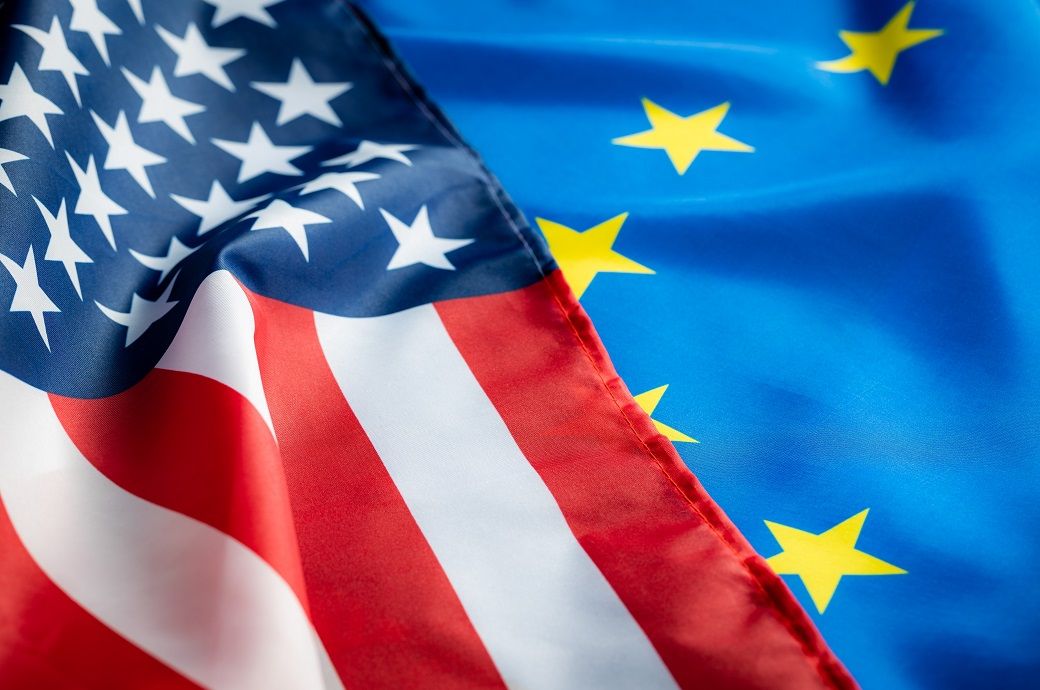The Chinese government has imposed a sweeping ban on alcohol at official meals in its biggest crackdown on extravagance in public life.
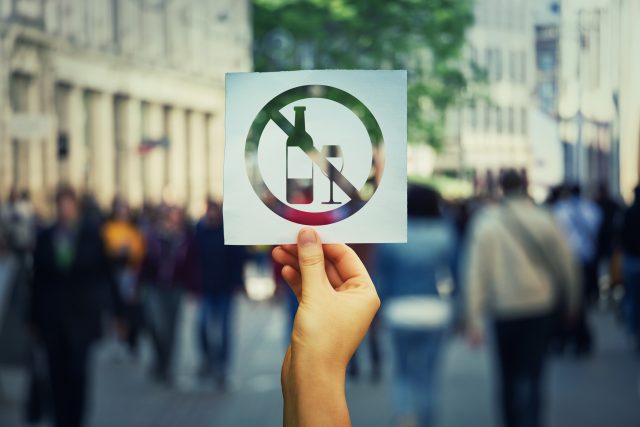
China has barred alcohol, luxury dishes and cigarettes from official meals in new regulations announced by the government.
The rules have been set out in the newly revised Regulations on Practicing Thrift and Opposing Waste in Party and Government Organs.
China's leadership has developed the new regulations in an attempt to promote restraint among officials.
The new guidelines are an update on the Communist Party of China's (CCP) landmark eight-point rules first introduced in 2013 to crack down on official misconduct and restore public trust.
CCP guidelines were reaffirmed this May as part of a broader campaign enforcing discipline across the country.
They include a sweeping ban on alcohol at official receptions, an aspect which has reportedly received growing public criticism in recent years.
China Daily has reported that a recent case relating to alcohol consumption by officials drew national attention in China when a county-level official in central China's Henan Province died after consuming alcohol at a midday banquet during a training seminar in March. Nine other officials present at this banquet were later disciplined, demoted, or dismissed.
Baijiu, China's national drink, is likely to suffer the biggest impact as a result of the crackdown.
However, analysts believe the impact on the category will be minimal. Xiao Zhuqing, an industry expert, noted that since the rollout of the Party's eight-point rules just over a decade ago, government-related consumption of baijiu has shrunk considerably. Today, official purchases account for less than 5% of the market, limiting the new regulation's impact on the sector, according to
China Daily.
Banning
alcohol consumption is not the only change government officials now face. State cars must forgo flashy upgrades, and meeting rooms must be free of ornamental plants and fancy backdrops.
New regulations also target public funds, official travel, receptions, vehicle use, meetings, and office space.
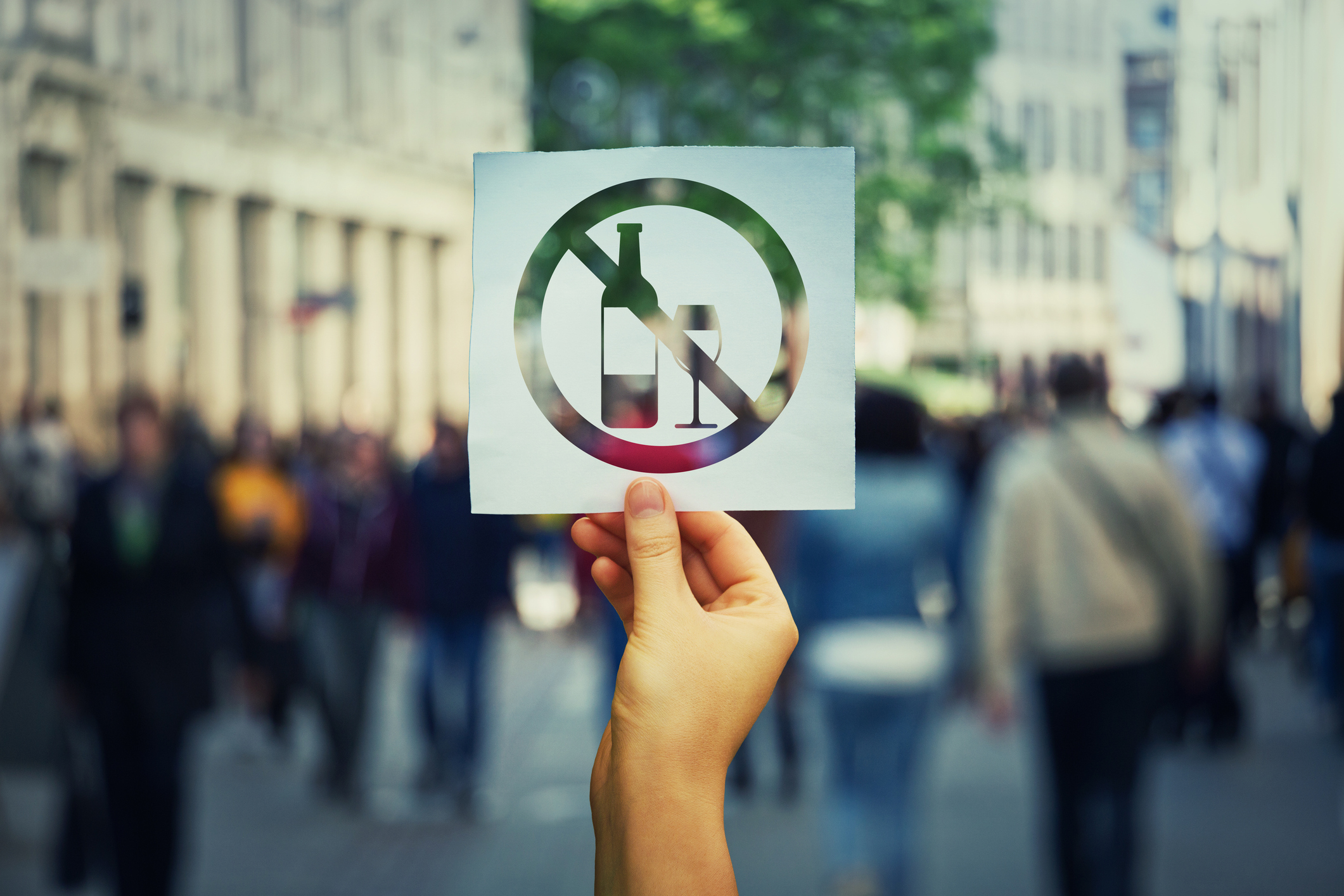
 China has barred alcohol, luxury dishes and cigarettes from official meals in new regulations announced by the government.
The rules have been set out in the newly revised Regulations on Practicing Thrift and Opposing Waste in Party and Government Organs.
China's leadership has developed the new regulations in an attempt to promote restraint among officials.
The new guidelines are an update on the Communist Party of China's (CCP) landmark eight-point rules first introduced in 2013 to crack down on official misconduct and restore public trust.
CCP guidelines were reaffirmed this May as part of a broader campaign enforcing discipline across the country.
They include a sweeping ban on alcohol at official receptions, an aspect which has reportedly received growing public criticism in recent years. China Daily has reported that a recent case relating to alcohol consumption by officials drew national attention in China when a county-level official in central China's Henan Province died after consuming alcohol at a midday banquet during a training seminar in March. Nine other officials present at this banquet were later disciplined, demoted, or dismissed.
Baijiu, China's national drink, is likely to suffer the biggest impact as a result of the crackdown.
However, analysts believe the impact on the category will be minimal. Xiao Zhuqing, an industry expert, noted that since the rollout of the Party's eight-point rules just over a decade ago, government-related consumption of baijiu has shrunk considerably. Today, official purchases account for less than 5% of the market, limiting the new regulation's impact on the sector, according to China Daily.
Banning alcohol consumption is not the only change government officials now face. State cars must forgo flashy upgrades, and meeting rooms must be free of ornamental plants and fancy backdrops.
New regulations also target public funds, official travel, receptions, vehicle use, meetings, and office space.
China has barred alcohol, luxury dishes and cigarettes from official meals in new regulations announced by the government.
The rules have been set out in the newly revised Regulations on Practicing Thrift and Opposing Waste in Party and Government Organs.
China's leadership has developed the new regulations in an attempt to promote restraint among officials.
The new guidelines are an update on the Communist Party of China's (CCP) landmark eight-point rules first introduced in 2013 to crack down on official misconduct and restore public trust.
CCP guidelines were reaffirmed this May as part of a broader campaign enforcing discipline across the country.
They include a sweeping ban on alcohol at official receptions, an aspect which has reportedly received growing public criticism in recent years. China Daily has reported that a recent case relating to alcohol consumption by officials drew national attention in China when a county-level official in central China's Henan Province died after consuming alcohol at a midday banquet during a training seminar in March. Nine other officials present at this banquet were later disciplined, demoted, or dismissed.
Baijiu, China's national drink, is likely to suffer the biggest impact as a result of the crackdown.
However, analysts believe the impact on the category will be minimal. Xiao Zhuqing, an industry expert, noted that since the rollout of the Party's eight-point rules just over a decade ago, government-related consumption of baijiu has shrunk considerably. Today, official purchases account for less than 5% of the market, limiting the new regulation's impact on the sector, according to China Daily.
Banning alcohol consumption is not the only change government officials now face. State cars must forgo flashy upgrades, and meeting rooms must be free of ornamental plants and fancy backdrops.
New regulations also target public funds, official travel, receptions, vehicle use, meetings, and office space. 










